This site uses cookies. By continuing to browse the site you are agreeing to our use of cookies. Read our privacy policy

Bjorn-Soren Gigler, an Adjunct Professor for Political Economy at Georgetown University

Tell us about your research.
For more than 20 years, I’ve studied the link between digital technology, poverty, and human development.
And what is the link?
Digital technologies are a crucial first step in alleviating poverty, but by themselves, they’re not enough. Today, more than 2.7 billion people in the world still lack access to the Internet.
At the same time, about half of people in Africa who have access to the internet don’t use it, because they can’t afford it or lack the necessary skills. So, connectivity is just a starting point.
What’s the next step?
In my book, Development as Freedom in a Digital Age, based on Amartya Sen’s human capability approach, I created a way to evaluate the impact of digital technologies on poverty and human development. This approach puts people, not technology at the center. It asks, “What are specific information and communications needs of people within their socio-economic context, and how can the actual use of digital technologies enhance people’s human well-being?”
Just as knowing how to ride a bicycle enables you to get quickly from one location to another, digital tech is an enabler and an accelerator. But you have to know how to make use of technology in the first place—and you have to give it meaning, depending on your own context and needs.
So, digital skills are the key?
Not only digital skills. The key is what I call “informational capabilities.” This means, how do you use the information you get through technology? How do you put it into an existing, local context that actually benefits you? And, most importantly, how do you act upon the information you receive, in order to improve your livelihood?
One common example of the positive impact of digital technologies on poverty is that of farmers using smartphones to get access to market prices for the goods they sell. You hear that example a lot, and that’s great. But first, the farmers have to find the markets for those products. They may need a truck to transport the products. Maybe they can’t afford the truck and have to rent one. In that case, the truck owner will make most of the profits.
So it’s not as simple as saying, if you just get the internet, your income will increase. The farmer needs to be able to interpret the data, then use it and act on it – for instance, by harvesting his crops at a time when he can obtain the highest price. Only then will access to the internet have a positive impact on the livelihoods of farmers. Thus, there is no direct and immediate relationship between connectivity and improved livelihoods. It is rather an indirect link, which depends on many different variables.
The Internet acts to disintermediate things. But my research shows that projects with the best results are often those where an intermediary provides support. This is usually an organization – governmental, community-based, or other – that accompanies the poor in the actual use of technology, thereby supporting people to derive real meaning from its use.

Whose job is it to enhance people’s “informational capabilities” and use the Internet to improve the well-being of poor people?
We need collective action by a broad range of stakeholders, including governments, international organizations, international financial institutions, the private sector, and civil society to form a Global Tech4Development Alliance, one that leverages the power of innovative digital technologies including big data, AI, and blockchain to fight global poverty and improve human well-being.
The rapid rise of data and artificial intelligence is, in fact, creating a “digital divide 3.0.” In the age of AI, the ability to use technologies and data to improve your socio-economic situation will become more important than ever before. As technology becomes more crucial for all aspects of our lives, there exists the threat that those who lack information and digital capabilities will fall even further behind.
You mentioned that farmers might need a truck. Instead of focusing on the digital divide, should we instead first improve the access to basic services such as water, sanitation or electricity to poor communities?
That’s a false dichotomy. It’s not “AI vs. electricity” or “The internet vs. water.” We have to use digital technology to enable people to get access to basic necessities.
For example, AI allows better poverty targeting. Often, we don't know where the poorest and most marginalized groups live. In many African countries, the last census with poverty data was done about 10 years ago, so it’s outdated.
But with AI, you can produce a better “poverty map,” so you can better target the poorest and most marginalized communities. So, it’s not a choice between either having AI or having a truck, or water. We should instead use digital technologies and AI as an enabler for improving the access to basic services to poor communities. We need to think how to best adapt technologies to the needs of poor communities and leverage it to improve their livelihoods. Also, remember that poor people want access to the same technology as the rest of society. They don’t want old technology. They associate new tech with a better life, and they want to use technologies as a powerful tool for improving their lives.

Let’s talk about the data economy. It harvests and monetizes people’s data: from fitness trackers, smart home appliances, GPS apps – and, increasingly, autonomous cars. So far, only Big Tech can do it.
Companies in the Global South can’t fully participate in this data economy. You’ve called for government intervention to prevent the creation of data monopolies. Haven’t these already been formed, to a large extent?
This is a big challenge, but there are actions we can take. For example, many African countries have become much more aware about the important role of data for development, and are starting to put data policies and regulations in place. For instance, the African Union has passed a comprehensive data policy framework.
Until now, there has been little regulation of data. Europe, leads in this area with the GDPR. I’m actually worried that, without the right regulation, data could create a new “resource curse” in the Global South. In the same way that, for example, copper mines disproportionately benefit a few powerful entities and don’t improve the economic and human development of most of a country’s citizen’s, data could be used in similarly exploitative ways.
To keep this from happening, countries should put in place a holistic data economy strategy that installs safeguards in the use of data, supports data protection, and ensures that data is used to promote inclusive and sustainable development and the public good.
Do any African countries have data economies in place yet?
Yes, Senegal has one structured along four dimensions:
To sum up: The new data economy should not just be focused about the use of data by big tech companies to maximize profits. We need a new social contract, in which we see data as a public good that provides new opportunities for economic and social development and leaves no one behind.
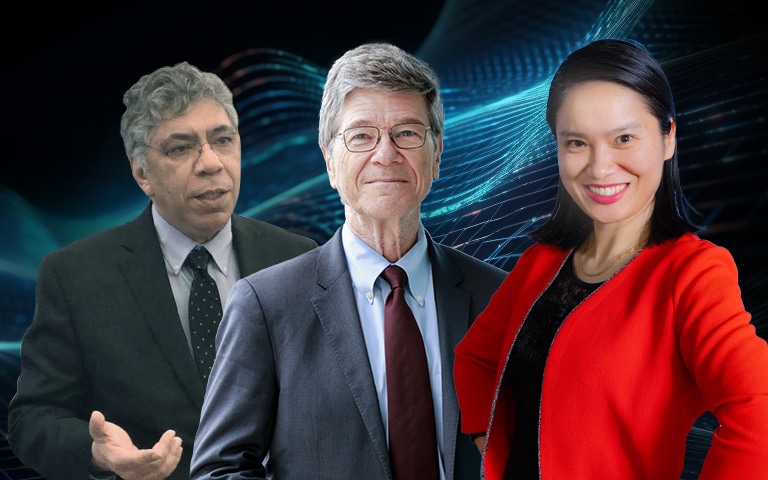
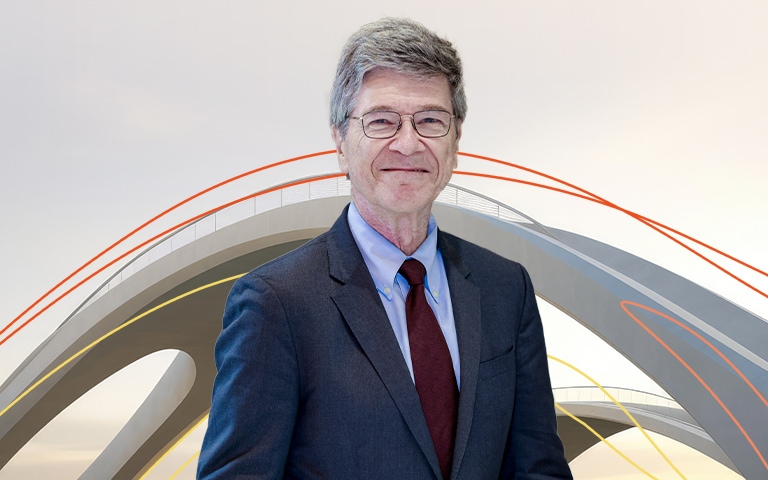
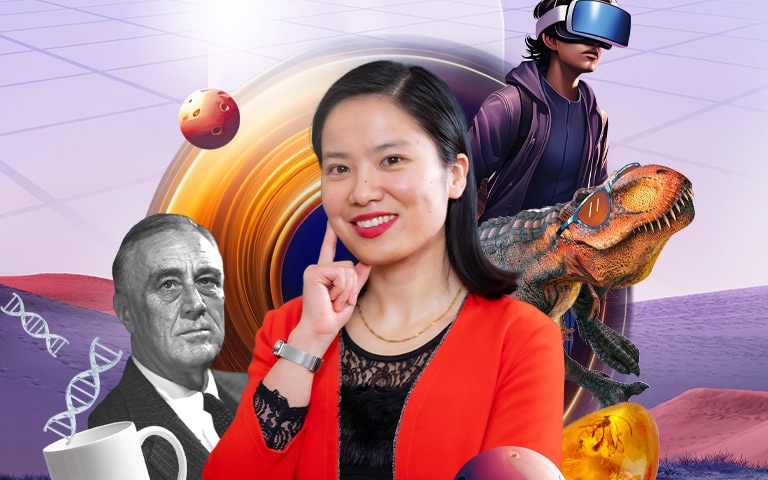
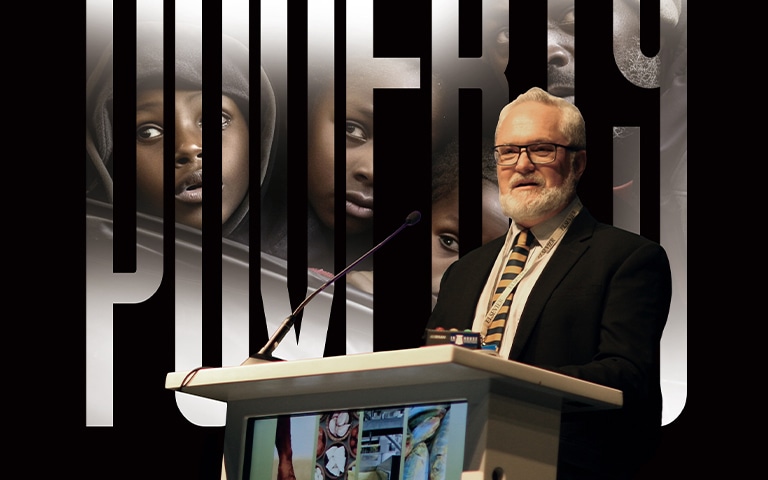
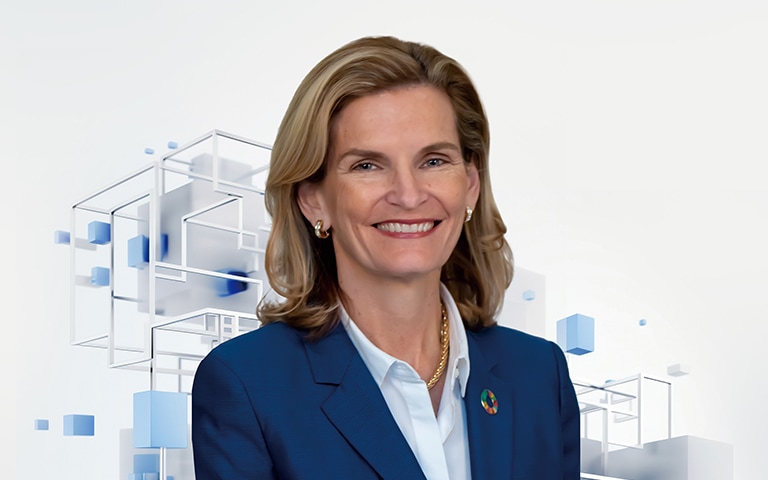
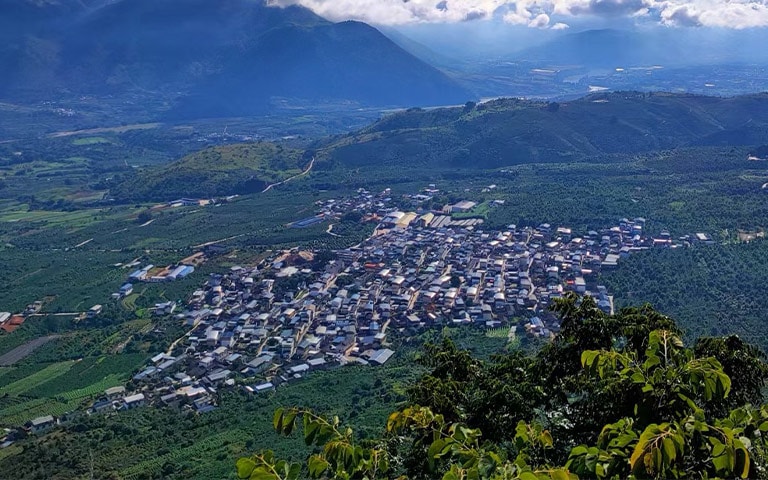
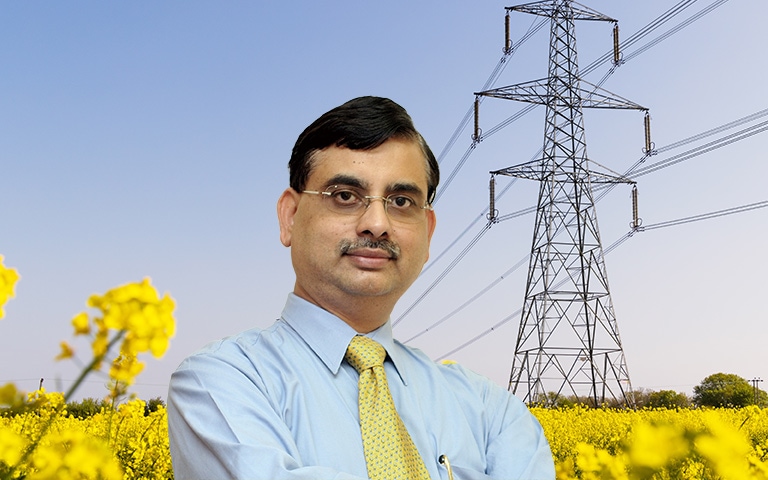
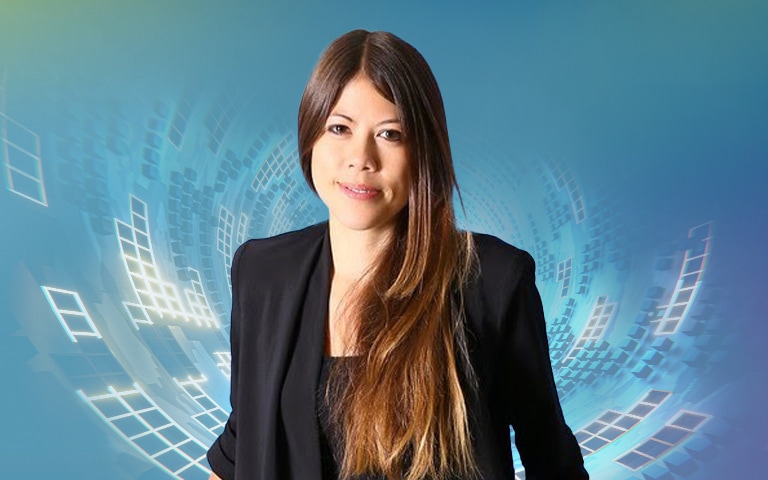

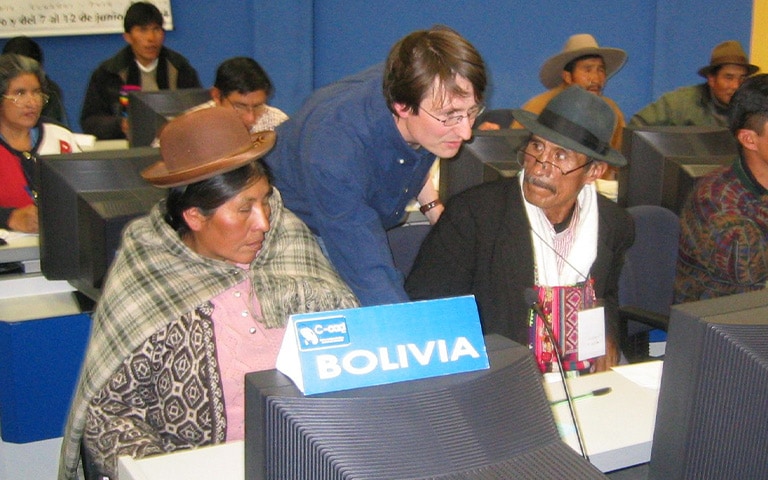
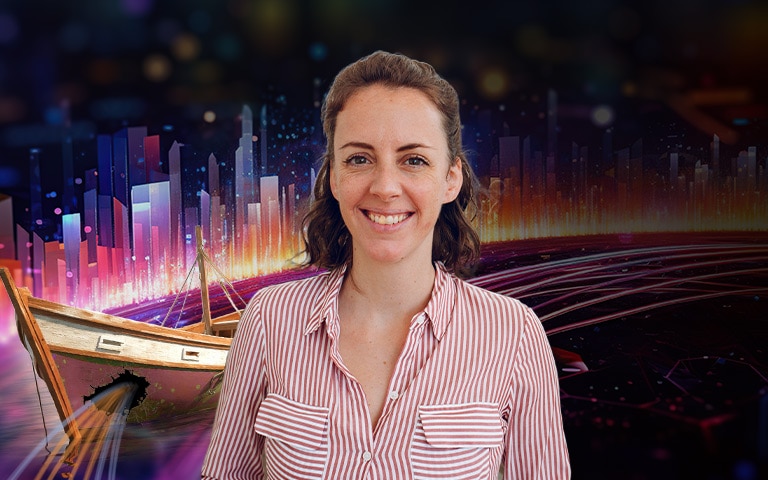
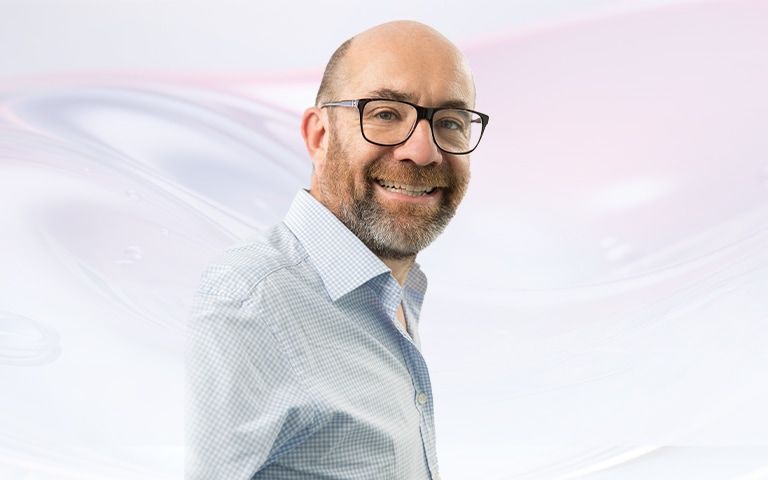
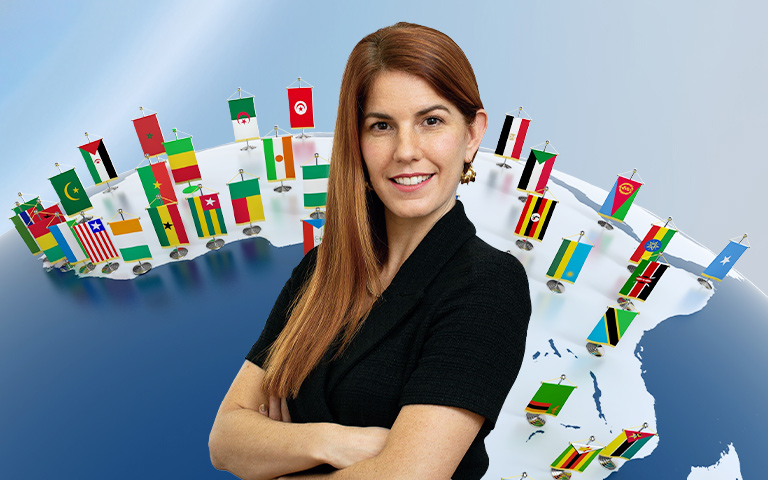
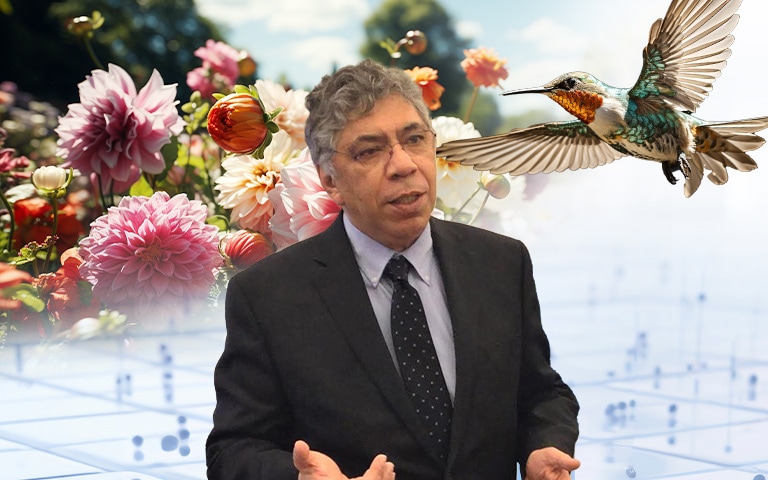

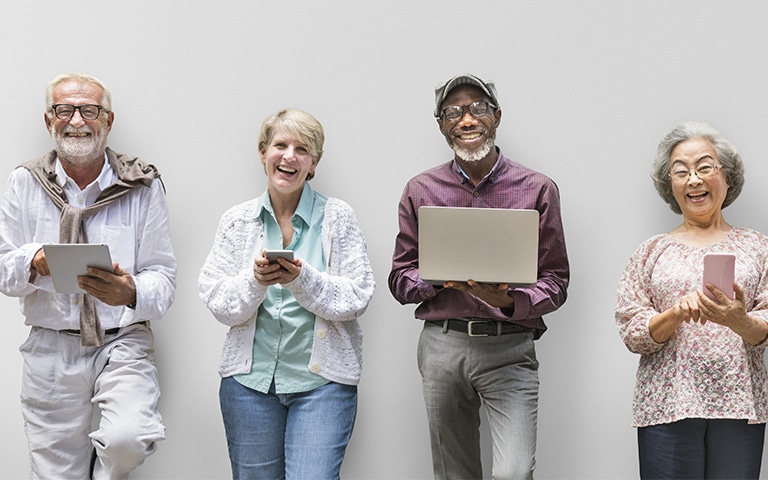
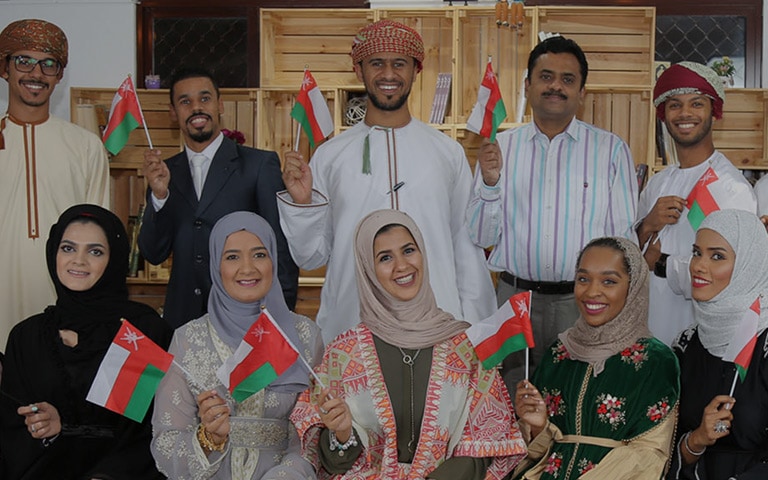
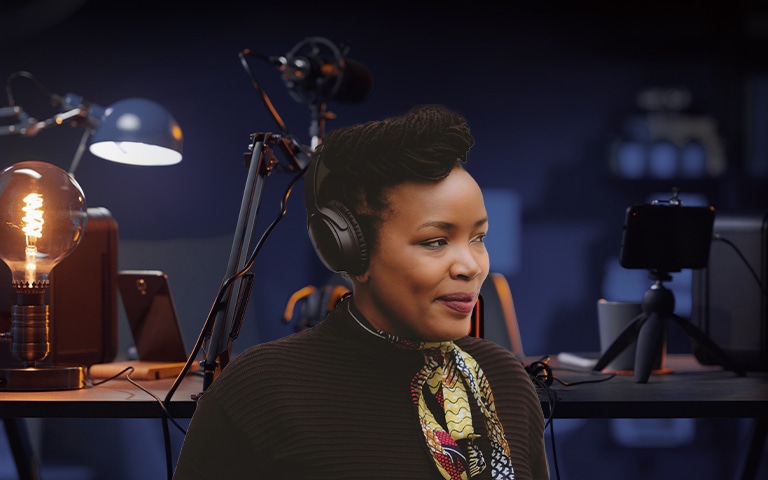
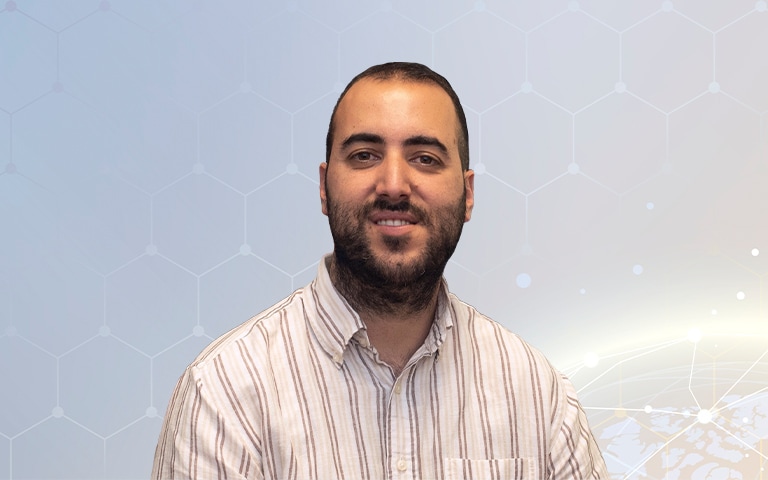
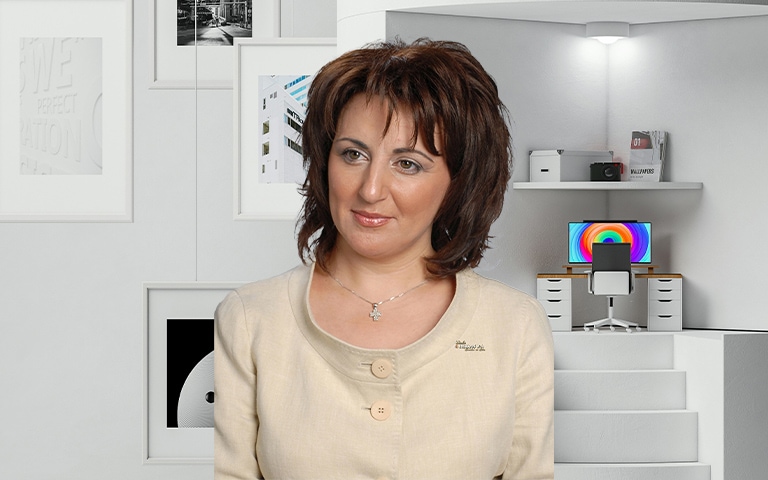

Contact us! transform@huawei.com
